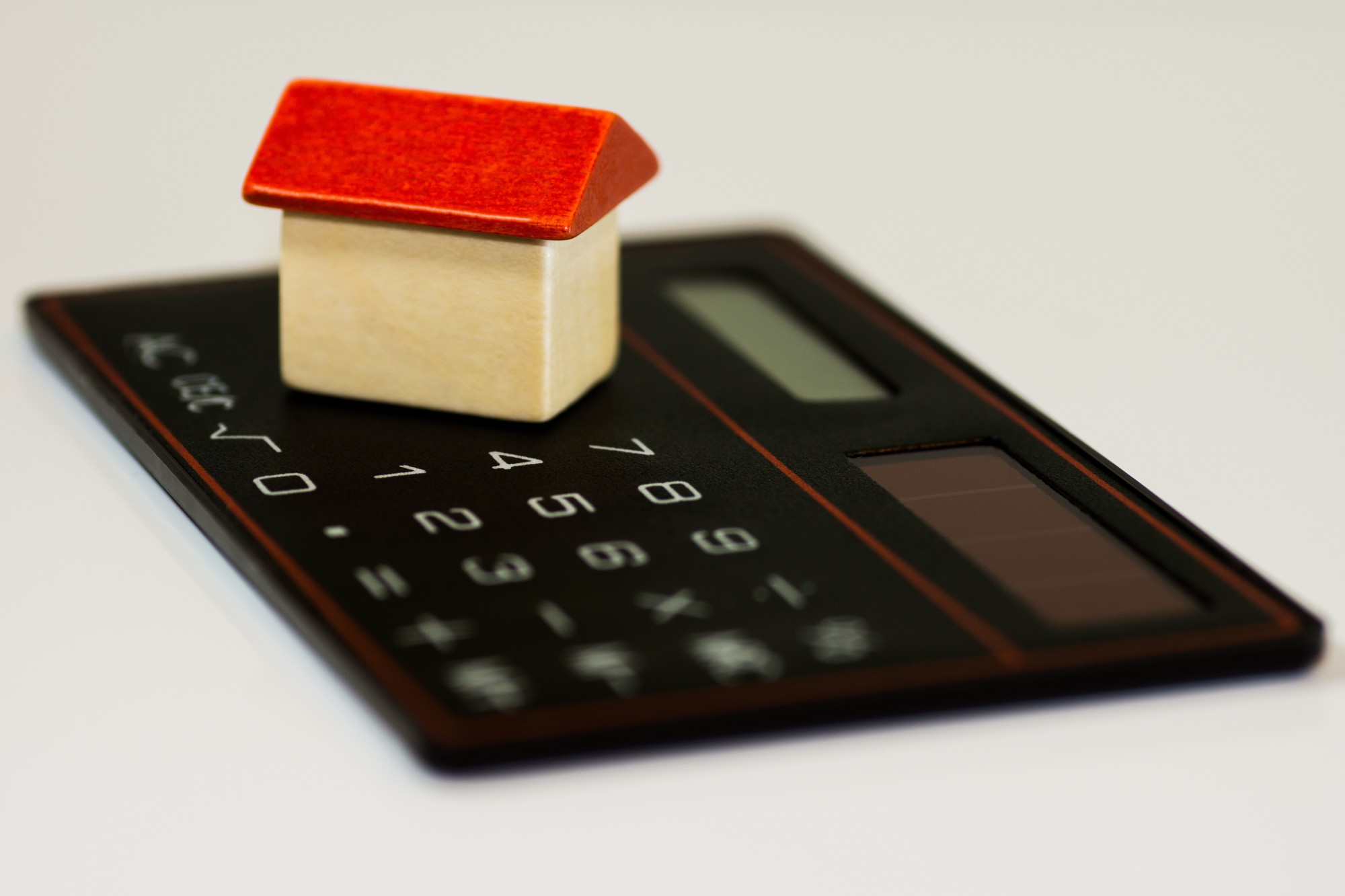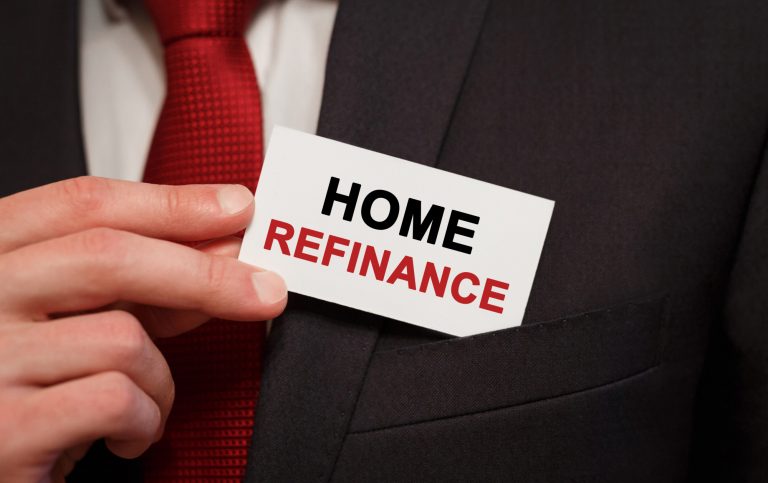Just over 67 percent of Americans own homes, which means a large percentage of the country has mortgages, too.
Perhaps you’re one of the hundreds of millions of people with a large home loan to pay off your house. Are looking to lower your interest rate, drop your PMI insurance, or maybe your looking to reduce your monthly mortgage payment, you may need to consider a mortgage refinance.
Now, refinancing your home isn’t a decision to make lightly. Instead, you should only do so in one of the following scenarios — otherwise, you could be making a big mistake.
Here’s when to refinance a mortgage.
1. To Get a Lower Interest Rates
Have the current interest rates have dropped since you purchased your home. If so, it may be time to refinance.
Most people would skip a refinance unless the interest rate has dropped by two or more percentage points. But some experts would disagree and say that even a one percent decrease is enough to make a substantial cut in your repayment amount.
Cutting your interest rate can also help you build equity in your home faster. That’s because you’ll be paying less interest and more toward the actual ownership of your property.
2. To Shorten Your Mortgage Repayment Time
Let’s say the interest rate has, indeed, dropped. If you refinance, you could pay less per month toward your property.
Or, you could continue to pay the same amount every four weeks, regardless of the slashed interest rates. This means you’d pay off your property more quickly — the lowered interest rate would reduce your bottom line, after all.
Just make sure you’re doing the proper math here or hiring a pro to help you refinance wisely. Sometimes, shortening your mortgage — even with minimized interest rates — can make monthly payments more expensive.
3. To Consolidate Debt
The average American has more than $90,000 in personal debt. You can use low interest rates to your advantage and pay down your debts.
If you refinance your home, you can use the equity to pay off your debts. You’d still pay back the money you owe, but it’d just be over a much longer stretch of time. Plus, you’d benefit from the low and slow rate of interest — credit card companies don’t give you the same luxury with debts accrued there.
Many people use this tactic when paying for their children’s education or perhaps when renovating their properties. Again, they justify the former with the low interest rate. The latter, meanwhile, can add value to the home and boost equity, thus making up for the cash spent.
No matter what, you should always think long and hard before pulling equity-based funds from your home. If you do, you have to be really careful about spending afterward — you don’t want to rack up debt again because you’ll no longer have a fallback plan.
Should I Opt For a Mortgage Refinance?
In the end, no list can tell you whether or not to get a mortgage refinance. Only you can decide what’s best for you, your property and your future.
But we can provide advice to help you make a sound decision. Click here to contact us today to set up a consultation.


